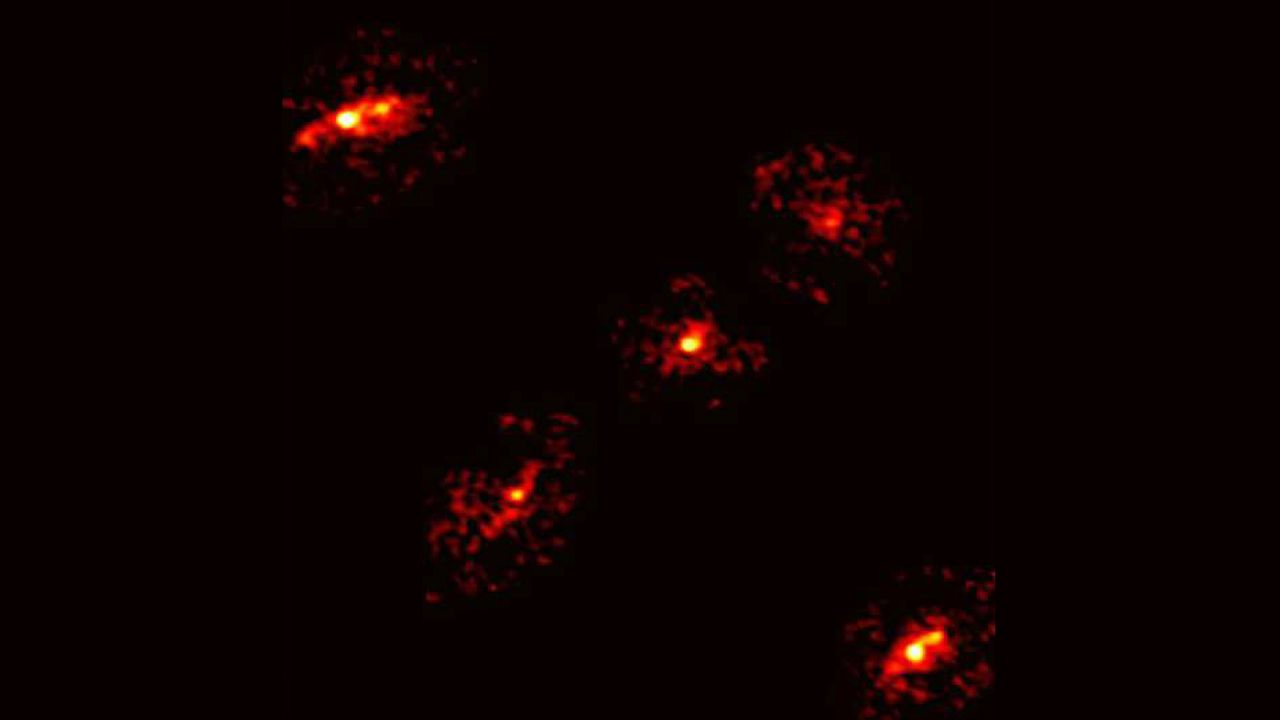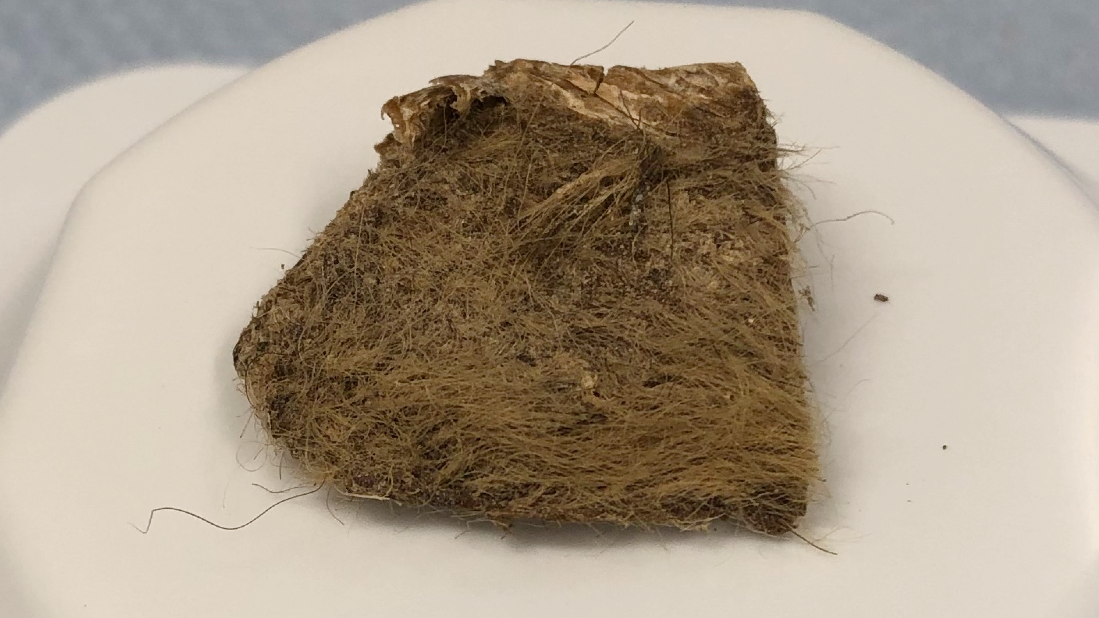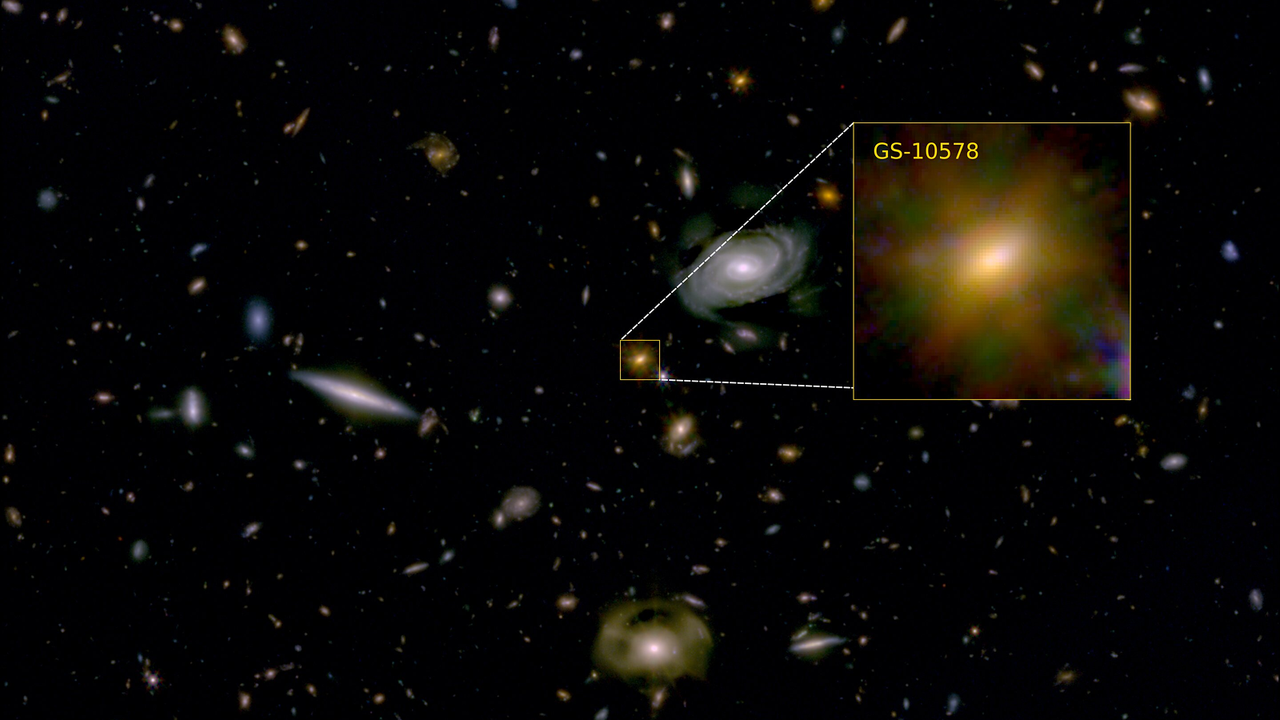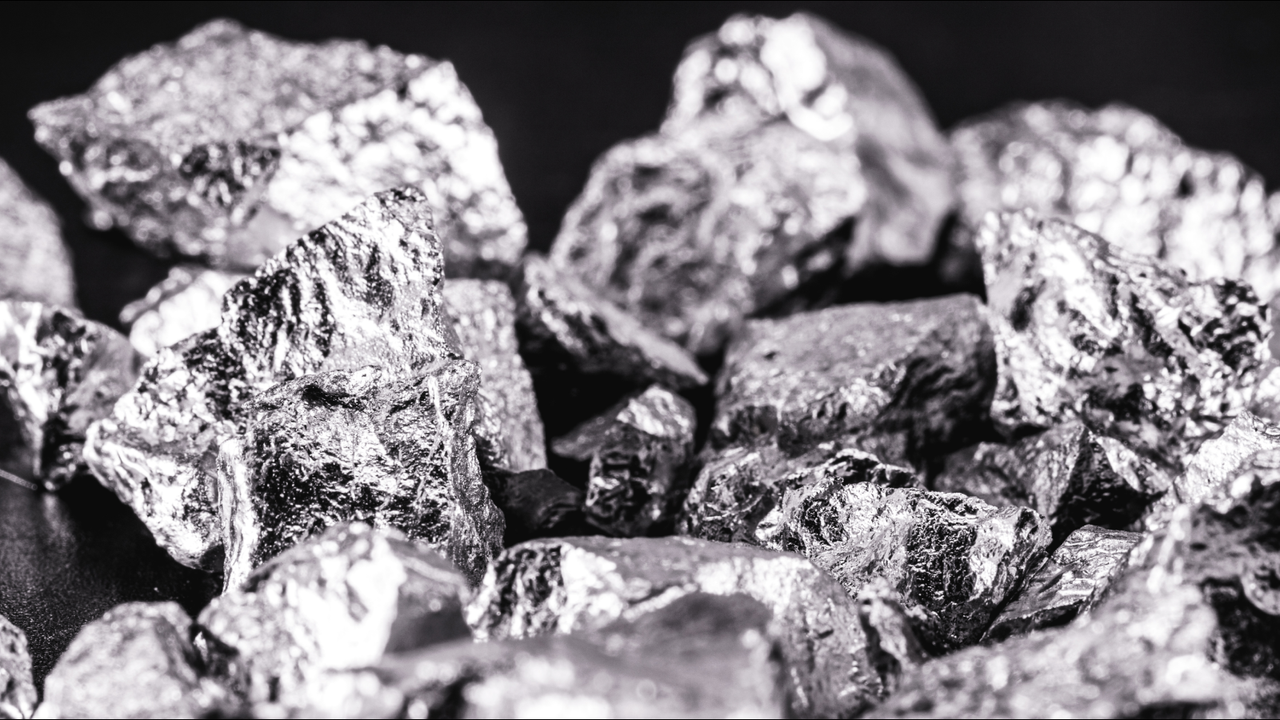'We thought it was a problem with the instrument': Scientists shocked by rare 'Einstein cross' with a surprise in the center
PositiveScience

Scientists have made an exciting discovery with the rare 'Einstein cross,' revealing a massive blob of dark matter at its center. This finding not only challenges previous assumptions about cosmic structures but also enhances our understanding of the universe's composition. The image of the distant galaxy, distorted by a cosmic magnifying glass, showcases the intricate dance of light and gravity, making this a significant moment in astronomical research.
— via World Pulse Now AI Editorial System






